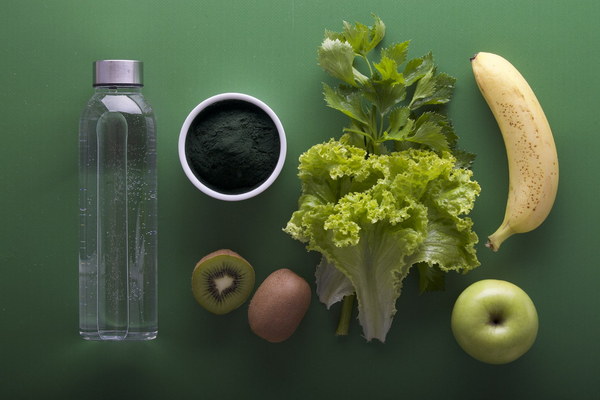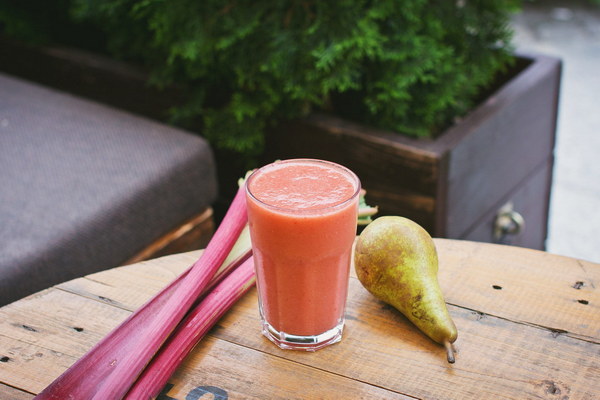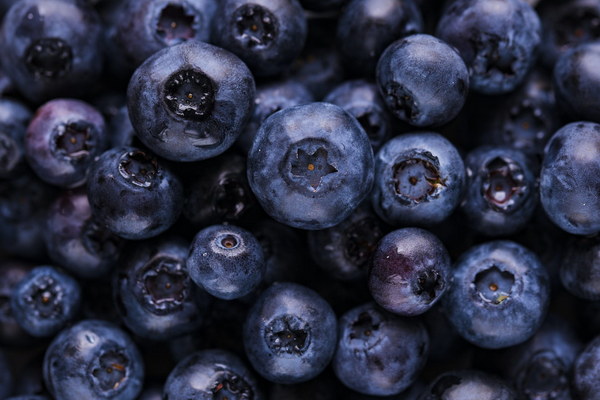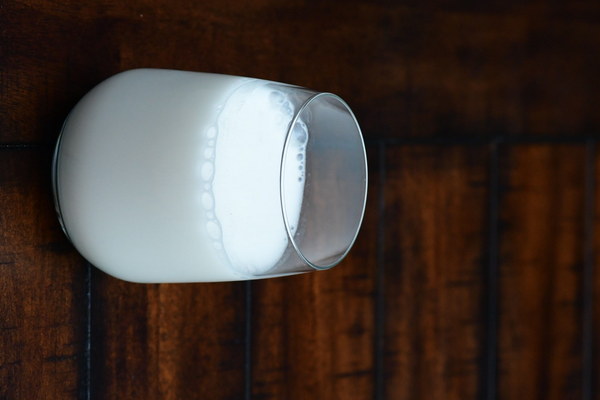Exploring the Side Effect of Liver-Protecting Herbs Increased Flatulence
In recent years, the use of traditional Chinese medicine (TCM) has gained significant popularity, especially in the realm of liver health. One of the most commonly prescribed herbal formulas is designed to support liver function and promote detoxification. However, some individuals may experience an unexpected side effect: increased flatulence. This article delves into the relationship between liver-protecting herbs and excessive gas, exploring the causes, potential benefits, and how to manage this side effect.
The liver is an essential organ responsible for filtering toxins from the bloodstream, metabolizing nutrients, and producing bile to aid in digestion. When the liver is compromised, it can lead to various health issues, including jaundice, fatigue, and abdominal discomfort. TCM offers a wealth of herbal remedies to support liver health, with many patients reporting positive outcomes. However, it is essential to be aware of potential side effects, such as increased flatulence.
The primary reason why liver-protecting herbs may cause excessive gas is the presence of fiber and other compounds that are difficult to digest. These substances are often included in herbal formulas to support digestion and promote bowel regularity. However, when consumed in large quantities, they can lead to an overgrowth of gut bacteria, resulting in increased gas production.
One of the most common liver-protecting herbs is milk thistle, which contains the active compound silymarin. Silymarin has been shown to have numerous health benefits, including antioxidant, anti-inflammatory, and liver-protective properties. However, milk thistle can also cause bloating and gas due to its high fiber content and the fermentation of its compounds by gut bacteria.
Other liver-protecting herbs that may contribute to increased flatulence include:
- Dandelion root
- Artichoke leaf
- Burdock root
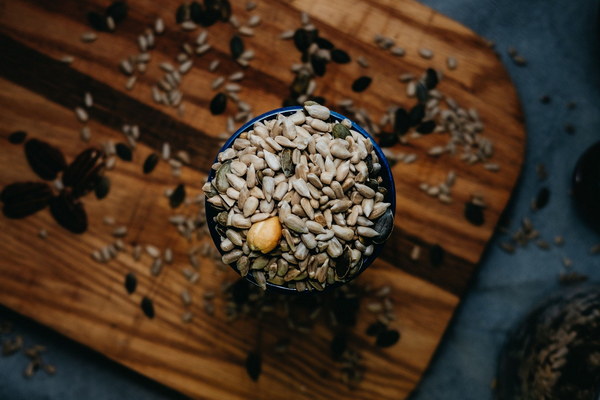
- Bupleurum root
While increased flatulence may be an unwelcome side effect, it is often a sign that the liver-protecting herbs are working effectively. The increase in gas production can be attributed to the herbs' ability to stimulate bile flow, which helps to eliminate toxins from the body. Moreover, the presence of gas may also indicate an improvement in gut health, as the herbs can promote the growth of beneficial bacteria.
To manage the side effect of increased flatulence when taking liver-protecting herbs, consider the following tips:
1. Start with a lower dose: Gradually increase the dosage of the herbal formula to allow your body to adjust to the new substances.
2. Take herbs with meals: Consuming herbs with food can help to reduce the risk of gas production, as the food can act as a buffer against the difficult-to-digest compounds.
3. Stay hydrated: Drinking plenty of water can aid in digestion and help to prevent bloating.
4. Adjust your diet: Reduce your intake of high-fiber foods, such as beans, lentils, and cruciferous vegetables, which can exacerbate the gas problem.
5. Consider probiotics: Probiotics can help to maintain a healthy balance of gut bacteria, potentially reducing gas production.
6. Consult with a healthcare provider: If you experience severe discomfort or if the side effect persists, consult with a healthcare professional for personalized advice.
In conclusion, while increased flatulence is a potential side effect of liver-protecting herbs, it is often a sign that the herbs are working effectively. By understanding the causes of this side effect and implementing strategies to manage it, you can enjoy the numerous health benefits of TCM without compromising your comfort. Remember to consult with a healthcare provider before starting any new herbal therapy to ensure safety and efficacy.


